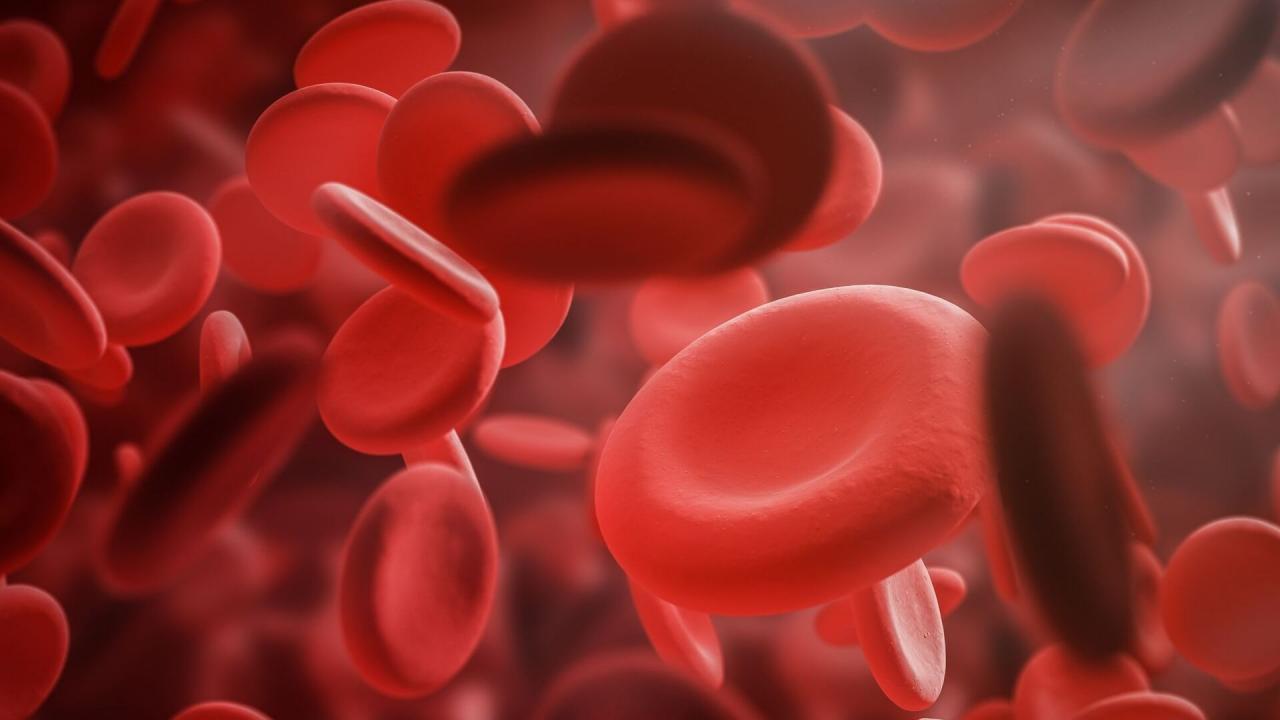September is National Cholesterol Education Month! Aren’t you excited? You should be! This is your chance to learn about a very serious health condition that impacts more than SIXTY-FIVE (65) MILLION Americans!
Sixty-five million? Can you imagine? Chances are that you may be one of them and not even know it. Despite the fact that you can’t “see” high cholesterol, it’s a fairly serious health condition and is a leading risk factor for developing heart disease. Heart disease is the number one killer of women in the US so paying attention to your risk factors can help you to beat the odds. Fortunately, high cholesterol is one risk factor that you can do something about.
HOW DOES HIGH CHOLESTEROL WORK?
Cholesterol is a fat-like substance. If you have too much of it in your blood, it will build up in your arteries and eventually harden and cause plaque to form. As more plaque forms, your arteries begin to narrow. As a result, your blood flow through the arteries may slow or even become blocked. Since your blood carries oxygen to your heart, it doesn’t take a rocket scientist to see the potential problems caused by limited blood flow or a blockage. The end result is that you could suffer chest pain or even a heart attack.
WHAT ARE THE SYMPTOMS OF HIGH CHOLESTEROL?
There are no symptoms. Unfortunately, the higher your cholesterol levels, the greater your risk is for developing heart disease. Since high cholesterol is “unseen,” it’s very important to have your levels checked.
I’M STILL YOUNG AND DON’T HAVE HEART DISEASE. SHOULD I BE CONCERNED?
Since you can’t “see” high cholesterol, it’s important for you to know your levels. Some people develop high cholesterol as young adults. The National Heart Lung and Blood Institute indicates that anyone over the age of 20 should have their cholesterol levels checked every 5 years (that’s a minimum!). In addition, everyone – young, middle-aged, old; men and women; as well as those with and without heart disease should be concerned about their cholesterol levels and keeping them within a healthy range.
WHAT SHOULD I DO?
Education – Educate yourself about high cholesterol this month. Many hospitals and civic organizations will be hosting cholesterol screenings events and informational seminars. Look for ones in your local community and find out what you need to know. Check online forums such as this one for additional information. Talk to your doctor about your risk factors for developing high cholesterol.
Get checked – If you are over 20, it’s important that you get checked and know your cholesterol levels. The National Heart Lung and Blood Institute recommends getting a “lipoprotein profile.” This is a blood test which is done after a 9-12 hour fast. (I’d schedule the blood draw first thing in the morning so that you’ll have the benefit of having been asleep for most of your fasting period.) This test will give your doctor your total cholesterol count as well as your HDL (good) and LDL (bad) cholesterol levels, along with the Triglycerides (yet more fat) levels in the blood.
Take action! If indicated, be proactive and take action now to reduce your cholesterol levels. There are a number of treatment options including lifestyle changes and medications available to help reduce your cholesterol levels. If your levels are healthy, ensure you take action to maintain a healthy lifestyle so you will not be at risk in the future.
Here’s wishing you a healthy heart.
(Disclaimer: I am not a physician and nothing in this article should be construed as giving medical advice. As with any medical decision, please consult your physician.)
Sources:
US Department of Health & Human Services, National Heart Lung and Blood Institute, http://hp2010.nhlbihin.net/cholmonth/
High Blood Cholesterol, What you need to know, US Department of Health & Human Services, National Heart Lung and Blood Institute, May, 2001, Revised June, 2005, NIH Publication No. 05-3290, http://www.nhlbi.nih.gov/health/public/heart/chol/wyntk.pdf





Add a Comment2 Comments
Thanks Linda... You are absolutely right. Many of the cholesterol lowering drugs are not without their own risks. My personal belief is that if you can lower it naturally by lifestyle changes, that is always the better choice.
September 14, 2009 - 8:15amThis Comment
Thanks for this information! I would like to point out that cholesterol-lowering drugs have their own risks, including liver and muscle damage. Please see
September 10, 2009 - 5:02amhttps://www.empowher.com/news/herarticle/2009/05/11/cholesterol-how-high-too-high
This Comment